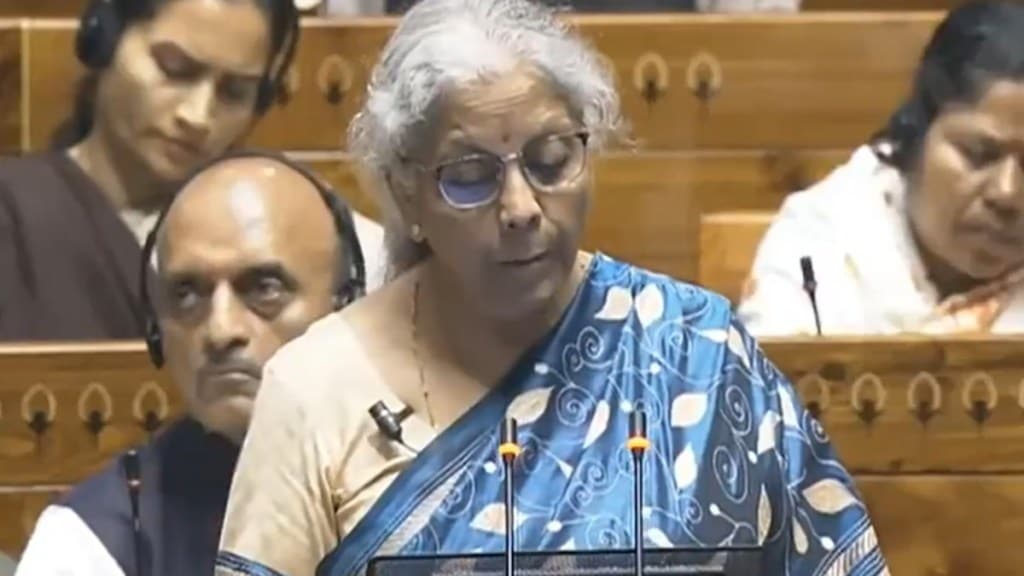By Kanishk Maheshwari
MSMEs have been pivotal to global economic development by fostering job creation, interwinding with the global value chain and simultaneously stimulating local economic growth. Their agility and adaptability have allowed them to thrive across various sectors, from traditional crafts to cutting-edge technology. By providing essential goods and services, supporting larger corporations as suppliers, and contributing significantly to employment, MSMEs have consistently proven to be vital engines of economic growth and social progress worldwide.
India has emerged as a booming economy with GDP growth consistently outpacing the leading economies. MSMEs are integral to India’s economic growth, contributing approximately 30% to GDP and 43.6% to exports as of FY23, however, empirical evidence implies that developed economies witness a higher degree of MSMEs involvement in driving economic activity.
For instance, China’s MSMEs contribute over 60% to GDP and 65% to exports, positioning it as a global manufacturing leader. To catalyse accelerated economic growth, it’s essential to focus on improving the quality, innovation, and scalability of the MSMEs which can be the next growth engine. The important ingredients for mainstreaming MSMEs are enhancing credit access and linkage with the global value chain.
MSME enterprises, numbering in the millions, often struggle to secure adequate financing due to various systemic issues. A primary barrier is the lack of sufficient collateral and credit history among MSMEs, which makes them perceived as high-risk borrowers by traditional lenders. As a result, they face higher interest rates and stringent borrowing terms along with inadequate financing, which severely impacts their growth prospects in terms of undertaking expansion, diversification, and increasing global footprint. Therefore, it is crucial to implement systemic credit reforms that facilitate the timely and appropriate channelising of adequate credit to MSMEs:
Expanding and Streamlining Credit Guarantee Schemes: Increase the coverage and simplify the application process for credit guarantee schemes to encourage banks to lend more readily to MSMEs, especially those with limited collateral.
Promoting Collateral-Free Loans: Explore options for providing collateral-free loans to MSMEs, particularly in sectors like agriculture and handicrafts, where collateral may be difficult to obtain.
Venture Capital and Equity Support: Establish a government-backed fund of funds to invest in innovative MSMEs through venture capital and private equity funds.
Dedicated Credit Facilities for Women-Led MSMEs: Establish special credit facilities with lower interest rates and flexible repayment terms to encourage women’s entrepreneurship.
To expand the economy in the real term, it is pertinent to penetrate the global market by positioning India as a cost & quality competitive destination globally. India owing to technology prowess, pool of skilled manpower, thriving entrepreneurial eco-system and enabling policy regime has the potential to become the factory of the world.
However, to happen this, MSMEs have to be at the helm of the strategy. Indian MSMEs face significant market access challenges, including limited information about potential customers, lack of effective marketing channels, intense competition from their international peers, difficulty building brand recognition and inability to fulfil international quality compliances. So, a multipronged strategy is to be implemented for integration with the global value chain:
Quality Testing and Certification Labs: A holistic, cost-effective and easily accessible state-of-the-art testing infrastructure has to be created in a hub & spoke model to cater to all the MSMEs willing or having the potential to export. The testing centres have to be in the proximity of clusters in line with the predominance of the sectors in the cluster.
Infrastructure Development: The regional balance has to be ensured in terms of the availability of critical infrastructure pre-requisite for export promotion such as Inland Container Depot (ICD), Trade Logistic Park (with warehousing, cold storage, and distribution facilities), Trade Promotion Centres. For instance, Bihar’s first ICD became operational in this fiscal year itself, whereas Bihar’s proximity to Nepal, Bhutan, and Bangladesh can be leveraged by creating Border Haats and ICDs in industrial zones of Bihar such as Muzaffarpur, Champaran etc.
E-Commerce Exports: Support MSMEs in leveraging online platforms for cross-border trade, including partnerships with global marketplaces under the umbrella of recently launched ONDC (Open Network for Digital Commerce) initiatives.
Uplifting of MSMEs will not only drive economic growth and job creation but also solidify India’s position as a major player in the global economy.
Kanishk Maheshwari is the Co-Founder and Managing Director at Primus Partners. Views expressed are personal. Reproducing this content without permission is prohibited.

